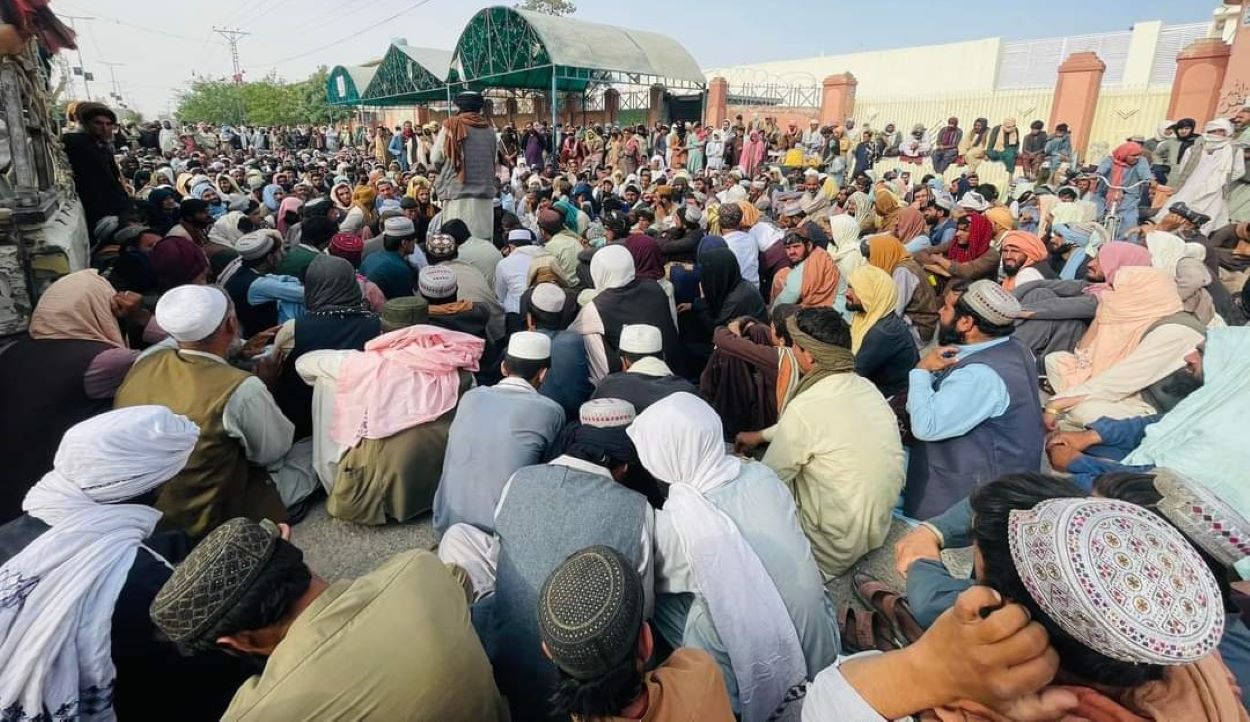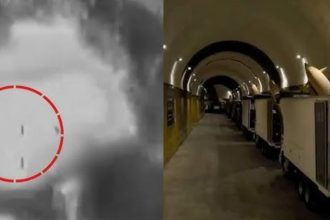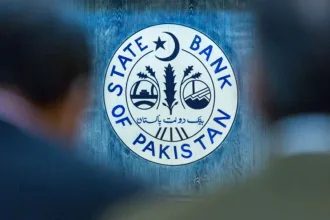In Chaman, escalating tensions resulted in injuries to at least 40 people, including 17 security officials, after protesters attacked government buildings. The protests erupted following the arrest of leaders from a prolonged sit-in opposing stringent border crossing regulations.
The city was paralyzed as demonstrators took to the streets, voicing demands for the immediate release of their leaders. Previously, crossings at the Chaman border were permitted with national identity cards.
Officials noted that the clashes began as protesters obstructed key roads, including the highway connecting Quetta to Kandahar. The situation intensified when security forces used tear gas to clear the obstructions and disperse the crowd.
Protesters also targeted the Deputy Commissioner’s office and commercial areas, causing further disruptions. Local authorities reported that demonstrators tampered with communication networks and tried to cut power to military facilities.
In response to stone-throwing at the Frontier Corps headquarters, security personnel fired warning shots and deployed more tear gas. Shahid Rind, a government spokesperson, stated that security forces were compelled to use rubber bullets after attacks by protesters.
Dr. Rasheed from the district hospital confirmed receiving over a dozen individuals injured by rubber bullets. Additional arrests were made, with over 50 protesters detained for their involvement in the violence.
Despite efforts by tribal elders and political figures to mediate, one protest leader vowed continued demonstrations until their demands were met. Amidst the unrest, the Balochistan government announced plans to open the Badini crossing for trade, aiming to alleviate tensions and facilitate economic activity.






